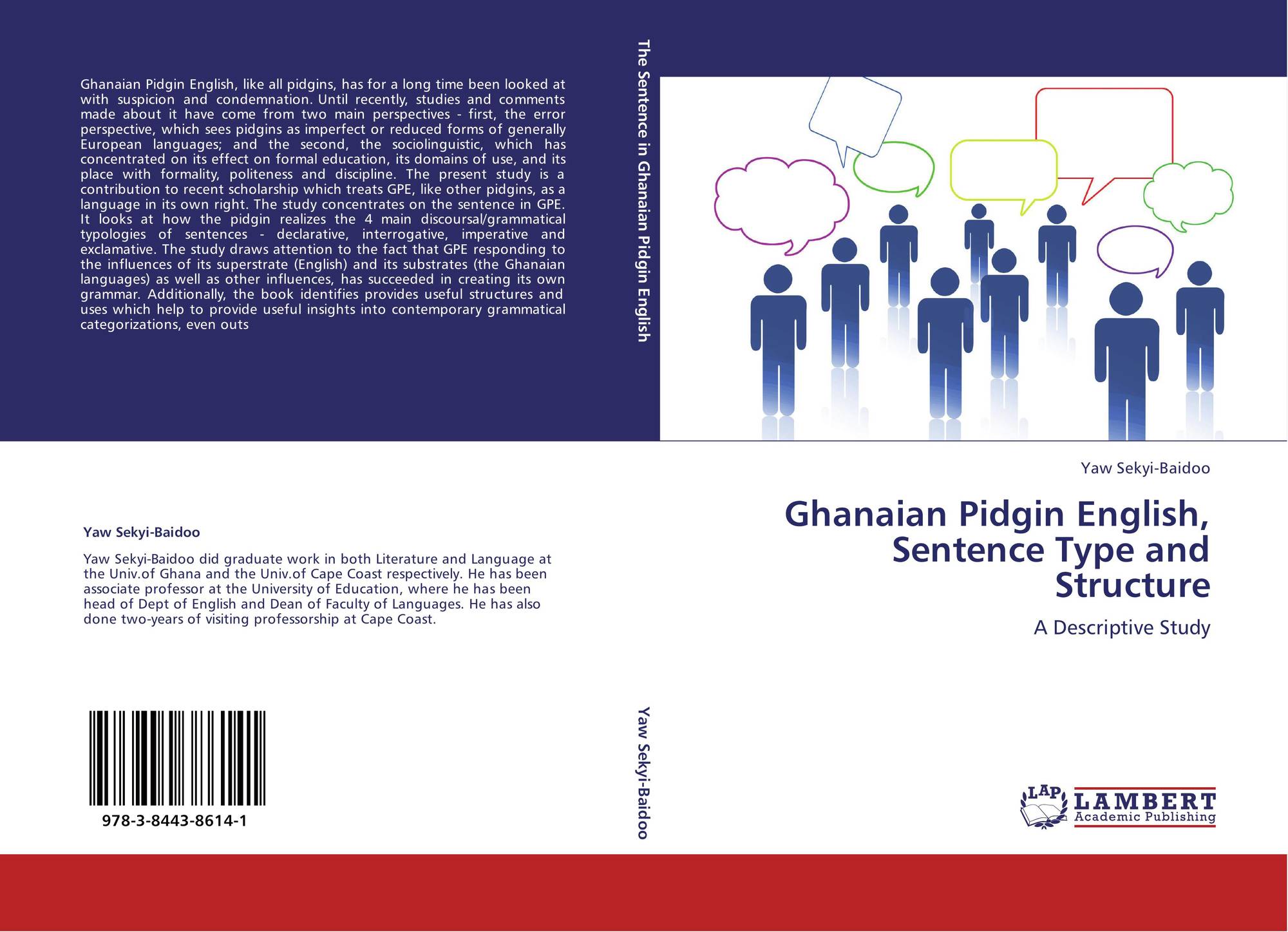
Pidgins can become more complex if they take on new functions. The existence of pidgins in the early period of West African-European contact is not well documented, and some linguists like Salikoko Mufwene judge their early significance to be overestimated. Pidgins, therefore, do not have mother-tongue speakers. No other means of communication in common. Under these conditions, English words were learnt and attached to an emerging grammar that owed more to African languages than to English.Ī pidgin is defined by linguists as an initially simple form of communication that arises from contact between speakers of disparate languages who have This took place within a context of unequal encounters, a lack of sustained contact with speakers of English and an absence of formal education. ShutterstockĪs the need for communication arose and increased under these circumstances, forms of English, known as pidgins and creoles, developed. The history of English is tied up with trade, capitalist expansion, slavery and colonialism. Its history is tied up with trade and exploitation, capitalist expansion, slavery and colonisation. The birth of new languagesĮnglish did not enter Africa as an innocent language.

Pidgin, creole, second-language and first-language English all flourish alongside them. But at an everyday level, the Queen’s English has had to defer to the continent’s rich abundance of languages. The influence of this multilingualism tends to be largely erased at the most formal levels of use – for example, in the national media and in higher educational contexts. It has taken root in an exceptionally multilingual context, with well over a thousand languages spoken on the continent. In Africa, English is more widely spoken than other important lingua francas like Kiswahili, Arabic, French and Portuguese, with at least 26 countries using English as one of their official languages.īut English in Africa comes in many different shapes and forms. In a memorable phrase, former Tanzanian statesman Julius Nyerere once characterised English as the Kiswahili of the world. English enables international communication par excellence, with a far wider reach than other possible candidates for this position – like Latin in the past, and French, Spanish and Mandarin in the present. For the first time in history a truly global language has emerged.


 0 kommentar(er)
0 kommentar(er)
